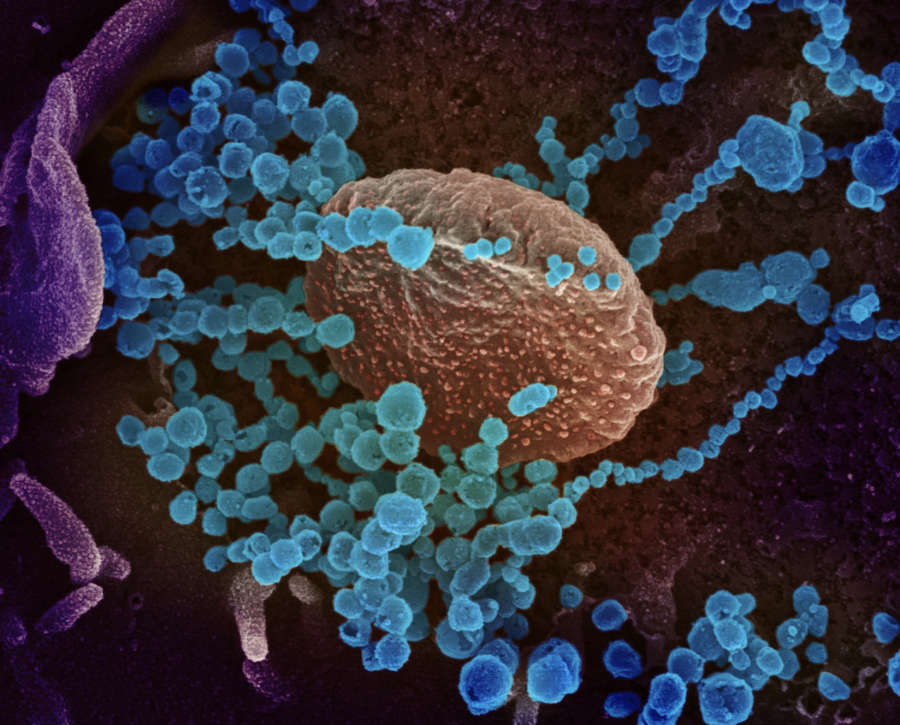Across the pond in the United Kingdom, a new variant of the original SARS-CoV-2 virus was first identified. As an RNA virus, the novel coronavirus is more susceptible to mutations, given its weaker proofreading capabilities. The variant, called B.1.1.7., has a handful of mutations — 23, in total — in its genetic code.
Some of these mutations slightly alter the virus’s so-called spike protein, which allows it to bind to and infect cells. These alterations to the spike protein could potentially make the virus spread easier. According to the current research, the new variant does not cause a more severe form of COVID-19.
Researchers in the U.K. have found that the virus is spreading quickly in parts of southern England, displacing a crowded field of other variants that have been circulating for months, according to The New York Times. However, more research needs to be done to truly solidify the evidence that the B.1.1.7 variant is more transmissible.
Earlier this week, Dr. Anthony Fauci, the country’s top infectious diseases expert, said that the new coronavirus variant is most likely already circulating in the U.S., given the heavy amount of travel from the U.K. to the states.
“When you have this amount of spread within a place like the U.K., you really need to assume that it’s here already,” Fauci said on Tuesday. “It certainly is not the dominant strain but I would certainly not be surprised at all if it is already here.”
RELATED: FDA approves Pfizer’s coronavirus vaccine, distribution begins
Fauci added that a ban on travelers may be premature, but the U.S. should consider the possibility of requiring testing of people traveling from the U.K. to the U.S.
This week, the Centers for Disease Control noted that “although a variant may predominate in a geographic area, that fact alone does not mean that the variant is more infectious.” Similar to Fauci, the CDC also believes that this variant is likely circulating in the U.S.
The million-dollar question is whether or not the newly-approved coronavirus vaccines will be efficacious against this new strain. Moncef Slaoui, head of Operation Warp Speed, believes that both Pfizer’s and Moderna’s coronavirus vaccines will work on the new variant.
“Up to now, I do not think there has been a single variant [of the coronavirus] that would be resistant to the vaccine,” Slaoui said in an interview with CNN. We can’t exclude it, but it’s not there now, and this particular variant in the UK, I think, is very unlikely to have escaped the vaccine immunity.”
At some point — “someday, somewhere” — a variant of the virus may make the current vaccine ineffective, he said, but the chance of that happening with this vaccine is very low.
Nevertheless, he said, “we have to remain absolutely vigilant.”
Follow Amit Syal on Twitter










